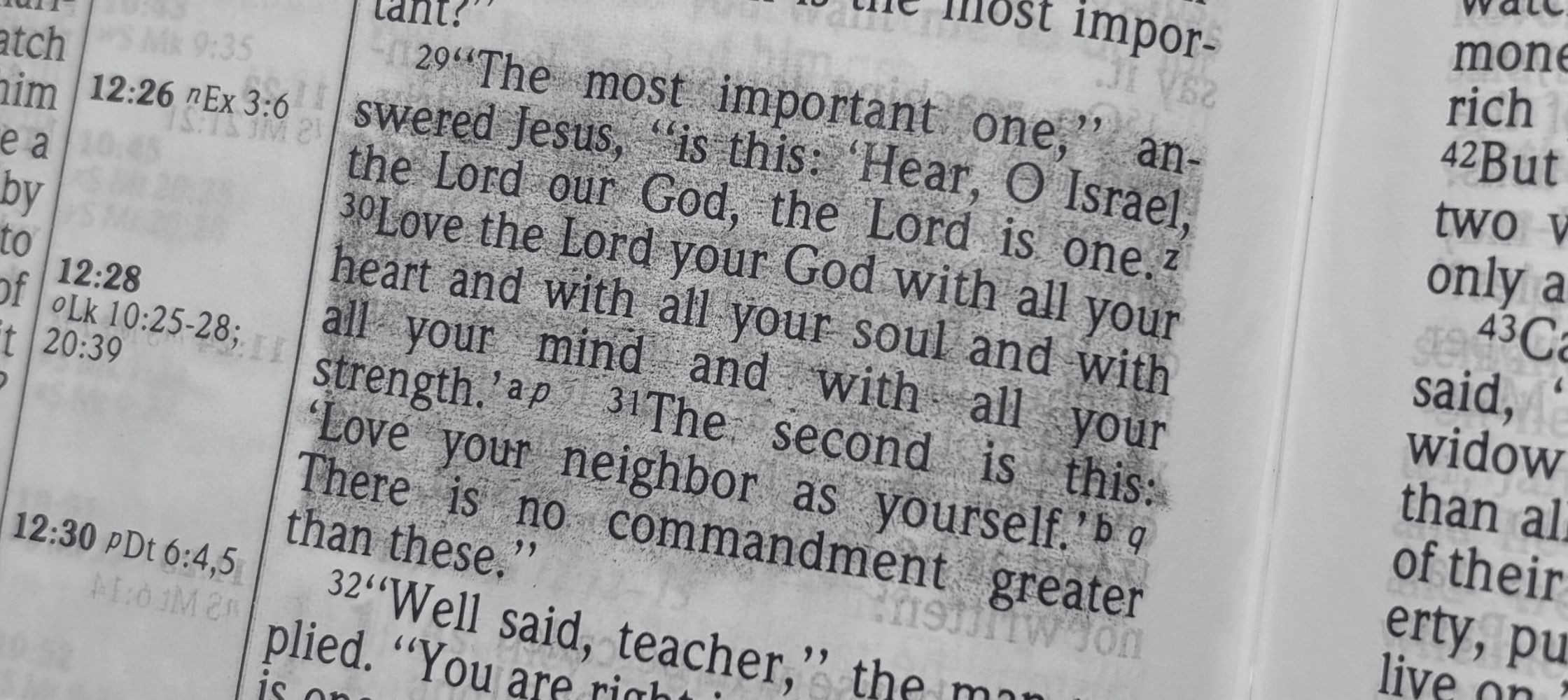Thank you! Your submission has been received!
Oops! Something went wrong while submitting the form.

By: Robert E. Zink
June 13, 2022
I don’t remember how it happened, but while serving as missionaries overseas one day, my wife and I ended up in the house of two sisters. At their invitation (rather than our prompting), they asked us to share about God, and as we did so, we began to ask them what they knew about God. It eventually became clear that these ladies were unusual; unlike others, they had almost no knowledge of God nor any inclinations about Him. In many ways, it was a relief to meet someone without any preconceived conceptions or impressions about God.
Many believers of the past spoke of a time when most people had a higher regard for Scripture and a basic understanding of who God is. That no longer seems to be the case as fewer people are associated with a church, and even fewer link themselves to the reading of Scripture, even in a superficial manner. More often than not, unbelievers who entertain any thoughts of God are usually guided not by knowledge but by fallacy and heresy.
Using a bit of satire and sarcasm, Greg Gilbert writes that most people think of God as an old man who doesn’t like or understand the modern world. What they believe is not so much the God of the Bible but their own caricature of any god (note the little g). Gilbert goes on to write:
His golden days—the ones he talks about when you really get him going—were a long time ago, before most of us were even born. That was back when people cared what he thought about things, and considered him pretty important to their lives. Of course, all that’s changed now, though, and god—poor fellow—just never adjusted very well. Life’s moved on and passed him by. . . . Thank goodness, all the crankiness you read about sometimes in his old books—you know, having the earth swallow people up, raining fire down on cities, that sort of thing—all that seems to have faded in his old age. Now he’s just a good-natured, low-maintenance friend who’s really easy to talk to . . . You know the best thing about him, though? He doesn’t judge me. Ever, for anything. Oh sure, I know that deep down he wishes I’d be better—more loving, less selfish, and all that—but he’s realistic. He knows I’m human and nobody’s perfect. And I’m totally sure he’s fine with that. Besides, forgiving people is his job. It’s what he does. After all, he’s love, right? (1).
This is a tongue-in-cheek description, not Gilbert's own stance, but is meant to represent people’s general beliefs about God. In essence, people see God as a grandfather figure with many desires but no expectations. This caricature is perhaps a bit extreme; however, it is not wrong. These days, it appears the more frequent belief about God is one of people’s own making based on their desire to pursue behavior and lifestyles contrary to holiness. Such a prevailing belief necessitates a gospel response. It means that when sharing the gospel, we must overcome the false conceptions that others have about God.
Called to present the gospel to unbelievers, the misconceptions about God define one of our critical tasks in evangelism: to present God as He is. Counteracting the false perceptions that many have about God, our goal is to offer a complete and accurate picture of whom God is by taking them into His Word.
This is a serious responsibility for the Christian, placing an immense authority and duty upon believers. The responsibility of conveying the truth about God compels:
In this way, believers must respond to the incorrect beliefs about God currently permeating individual mindsets. May we preach the true God from the truth of God.
(1) Greg Gilbert. What Is the Gospel? (2010). Wheaton: Crossway. 37-38. Kindle Edition.
